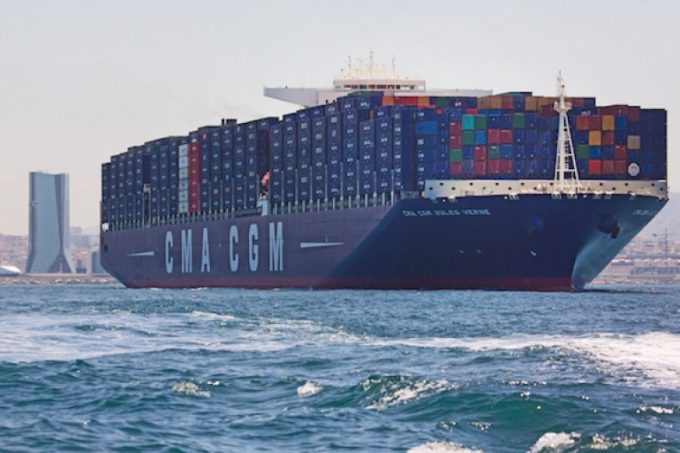
Despite the containership orderbook at an historic low, the top carriers have a backlog of 86 ships of over 10,000 teu stemmed for delivery over the next two to three years.
The orders were placed before the pandemic stunted global growth, but with considerable uncertainty over the speed of a recovery against the recessionary background, the deployment of 1.47 million teu of capacity on the newbuild ULCVs could prove challenging.
And Alphaliner notes that the outstanding orders are “unequally spread among the three ...


Comment on this article